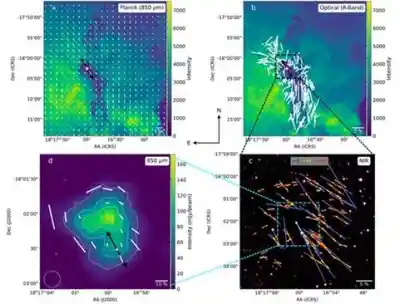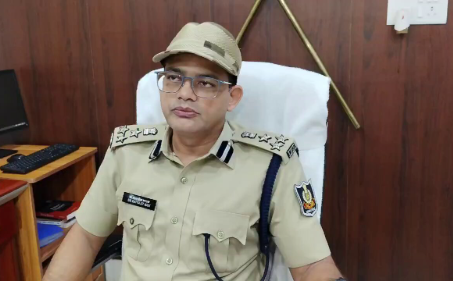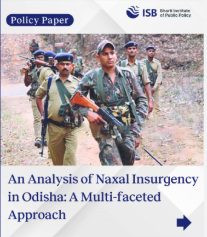

Bhubaneswar, August 2: A new research paper by Dr. Satyajit Naik, IPS, and Deputy Inspector General of Police, Eastern Range, Balasore, Odisha, brings renewed attention to India’s long-standing challenge of Left-Wing Extremism (LWE), especially in Odisha. Titled “An Analysis of Naxal Insurgency in Odisha: A Multifaceted Approach”, the study combines field experience with policy analysis to offer fresh insights into the insurgency’s root causes and potential solutions.
Dr. Naik’s paper points out that while the number of LWE-affected districts across India has dropped dramatically—from 223 in 2010 to 45 in 2023—underlying socio-economic issues remain unresolved. Persistent poverty, displacement, inadequate access to services, and a sense of alienation continue to fuel discontent in the tribal regions of Odisha.

Citing both progress and gaps, the senior IPS officer acknowledges that the government’s dual approach—integrating security operations with developmental outreach—has delivered tangible results. These include a 77% decline in violent incidents, improved infrastructure, and increased state presence. However, Dr. Nayak stresses that “force alone cannot end the insurgency.”
Instead, the paper advocates for a multi-pronged strategy, including:
Dr. Naik calls for a paradigm shift from mere “control” to meaningful “connection,” arguing that inclusive growth and human dignity are essential to countering extremist narratives.
The paper explores the insurgency through the lens of complex adaptive systems, illustrating how the Naxal movement, rooted in the belief that "power flows from the barrel of a gun," has continually adapted despite heavy paramilitary deployments and financial investments in internal security. With ambitions of creating a “Red Corridor” from Nepal to Andhra Pradesh, Naxal groups have exploited remote and neglected regions, building parallel systems of governance and influence.
By mapping stakeholder interactions and policy impacts, Dr. Naik concludes that treating LWE purely as a law-and-order issue not only fails to resolve the conflict but may further radicalize tribal youth. On the other hand, a comprehensive approach—encompassing political inclusion, land reform, targeted development, intelligence-led policing, and rehabilitation—shows greater promise in reducing insurgency-related violence and recruitment.
His findings are the result of over two years of research, initiated in 2022 and completed under the Advanced Management Programme in Public Policy at the Indian School of Business (ISB). A recent graduate of the programme, Dr. Naik earned two gold medals and was listed on the Dean’s List for his academic excellence. The paper was developed under the aegis of ISB’s Bharti Institute of Public Policy, blending academic rigor with real-world fieldwork.
Dr. Naik, who has more than 15 years of experience in law enforcement, has also been conferred with the Antrik Suraksha Seva Padak for his contributions to anti-Naxal operations.